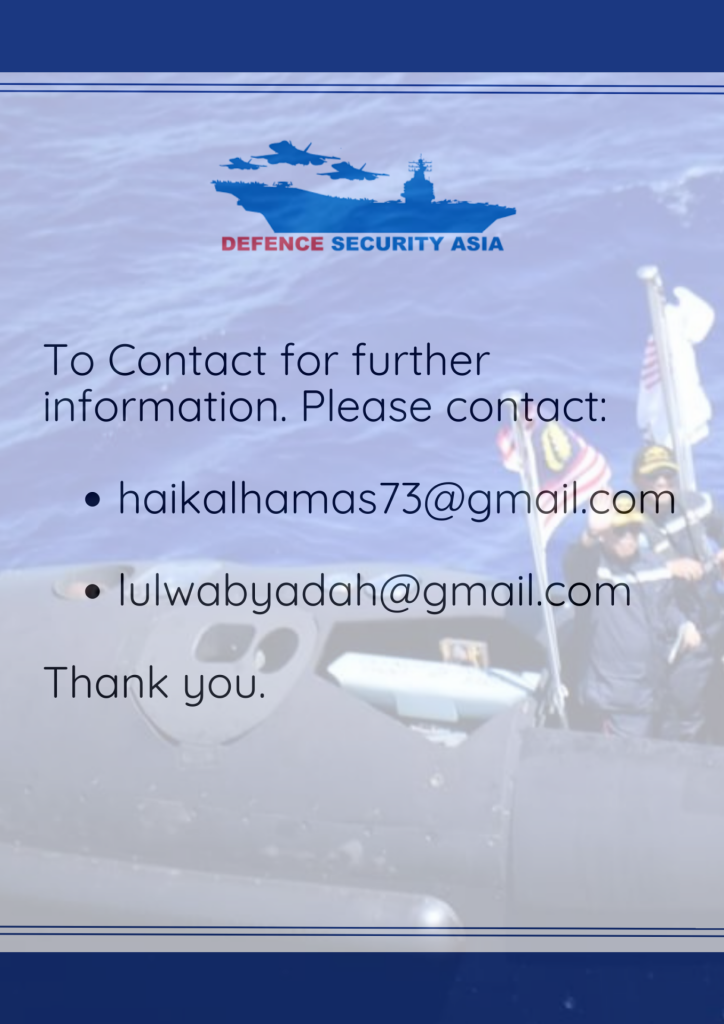Turkish Warship Docks in Karachi: Ankara-Islamabad Tighten Military Axis Amid India-Pakistan Standoff ?
The arrival of the Ada-class corvette—a modern, stealthy surface combatant designed for anti-submarine warfare and patrol missions—is seen as a symbolic gesture of solidarity between Türkiye and Pakistan, further tightening a defence alliance that has steadily grown in scope and significance.
(DEFENCE SECURITY ASIA) – As South Asia teeters on the brink of open conflict following the deadly Pahalgam attack in Jammu and Kashmir that left 26 dead, the impending port call of the Turkish Navy’s TCG Buyukada in Karachi from May 4 to 7 is expected to add fuel to an already volatile geopolitical climate.
The arrival of the Ada-class corvette—a modern, stealthy surface combatant designed for anti-submarine warfare and patrol missions—is seen as a symbolic gesture of solidarity between Türkiye and Pakistan, further tightening a defence alliance that has steadily grown in scope and significance.
India, which remains embroiled in a high-stakes security standoff with Pakistan, is likely to view the Turkish warship’s presence with deep suspicion, interpreting it as a subtle signal that Ankara could offer military backing to Islamabad in the event of an escalation along the Line of Control.
Admiral Zeki Akturk, the Turkish Ministry of National Defence’s Public Relations and Media Advisor, confirmed that TCG Buyukada is en route to participate in the Langkawi International Maritime and Aerospace Exhibition (LIMA 2025), with scheduled port stops in Oman and Pakistan.
“In addition to executing various missions and operations, the Turkish Armed Forces continue to conduct training and exercises non-stop to enhance their deterrence, operational readiness, and personnel competency,” the admiral said in a statement highlighting Ankara’s sustained regional presence.
TCG Büyükada (F-512) is the second vessel in the Ada-class of anti-submarine warfare (ASW) corvettes operated by the Turkish Navy.
The ship is named after Büyükada Island, part of the Princes’ Islands archipelago located in the Sea of Marmara, southeast of Istanbul.
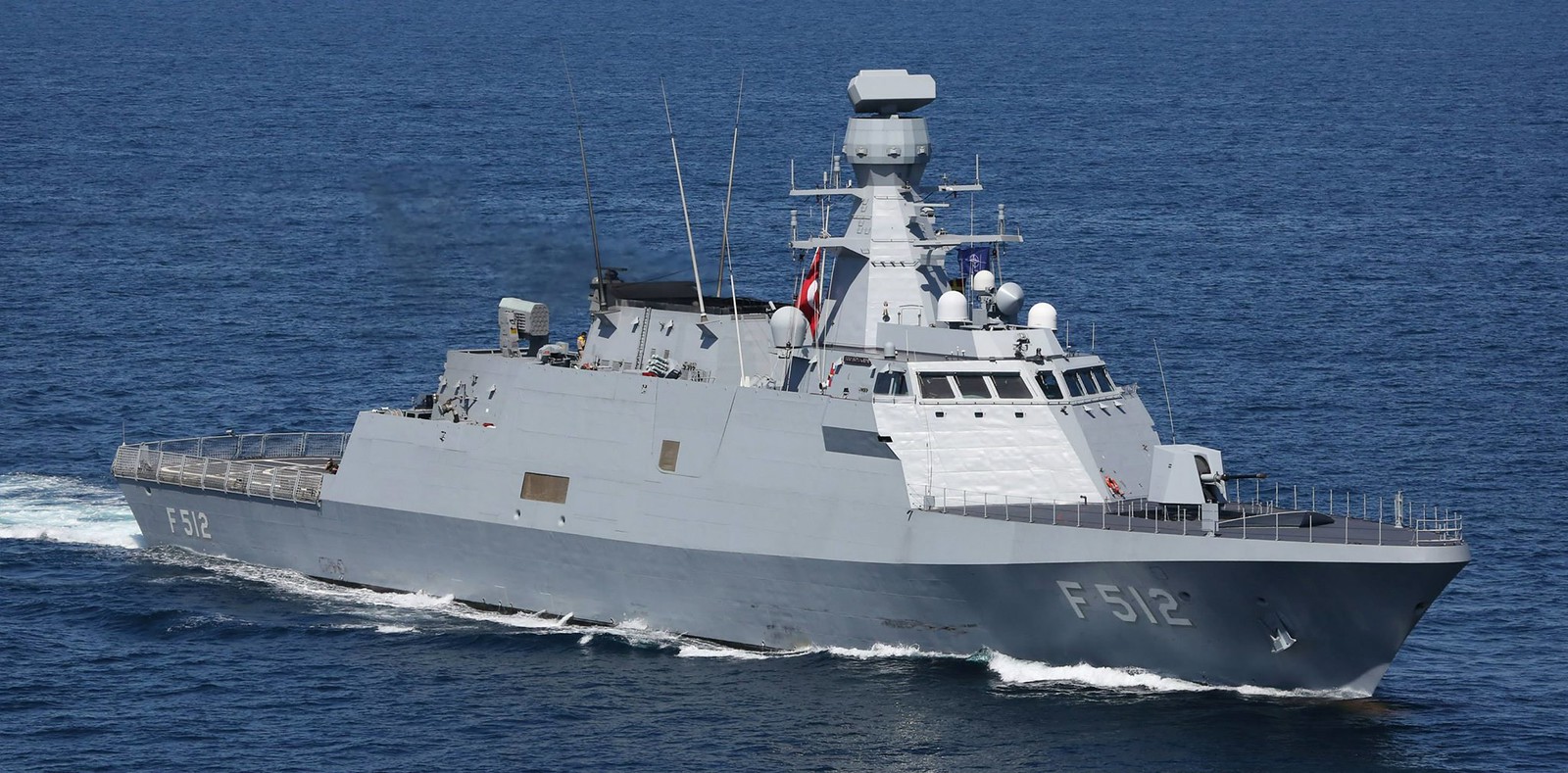
Designed, developed, and constructed by the Tuzla Naval Shipyard in Istanbul as part of Türkiye’s indigenous MILGEM warship program, Büyükada was laid down on 22 January 2008, launched on 27 September 2011, and officially commissioned into service on 27 September 2013.
The deployment of Turkish warship comes just days after the controversial landing of a Turkish Air Force C-130E military transport aircraft in Karachi, which ignited a storm of speculation on social media about a possible clandestine arms delivery to Pakistan amid the heightening regional crisis.
Citing open-source flight tracking data and OSINT sources, several reports claimed that the aircraft, a Hercules C-130E, had flown across the Arabian Sea on April 28 and landed in Pakistan, with some suggesting it carried undisclosed military cargo.
Amplifying concerns, Indian media outlets alleged that as many as six Turkish C-130E aircraft may have landed in Pakistan within the same timeframe, triggering widespread alarm across social media platform X, where Indian defence analysts, academics, and geopolitical commentators raised questions about Ankara’s intentions.
In response, Türkiye’s Presidential Directorate of Communications firmly dismissed the allegations, urging caution against speculative reporting not based on official statements.
“A Turkish cargo plane landed in Pakistan for refueling purposes and then continued its scheduled flight. Speculative news that does not originate from official authorities or institutions should not be taken seriously,” the statement clarified, aiming to quell regional anxieties.
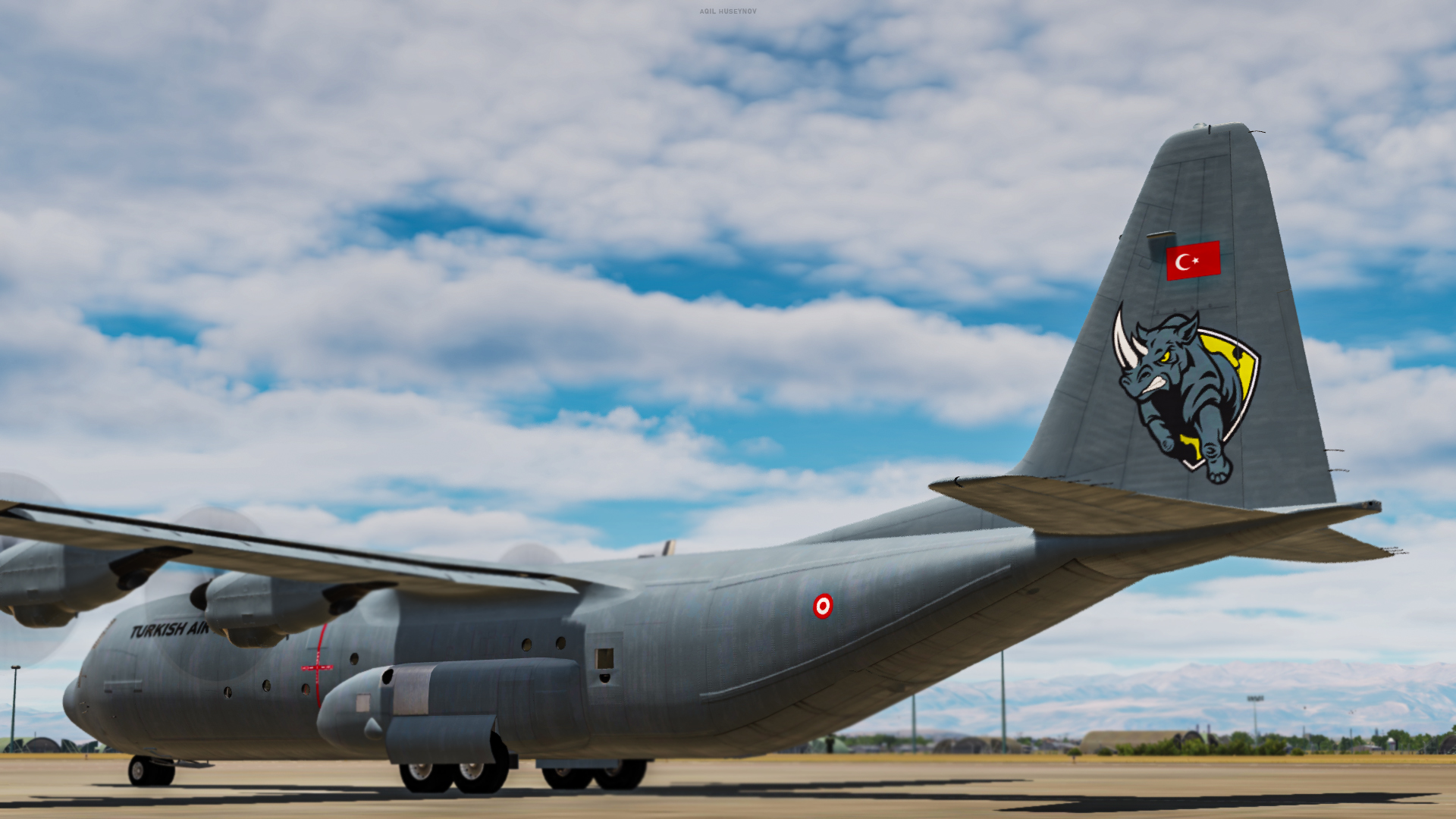
While Ankara denied any arms shipment, its deepening defence ties with Islamabad are indisputable, with bilateral cooperation encompassing advanced naval, aerospace, and unmanned systems technologies, making Türkiye one of Pakistan’s top strategic defence partners.
Among the flagship collaborations is Pakistan’s acquisition of four MILGEM-class stealth corvettes, locally designated as Babur-class warships, a $1.5 billion project that represents one of Türkiye’s largest-ever naval exports.
Constructed under a technology transfer agreement between Türkiye’s STM and Pakistan’s Karachi Shipyard & Engineering Works (KS&EW), the program involves two ships built in Istanbul and the remaining two in Karachi, boosting local shipbuilding capabilities while enhancing Pakistan’s naval lethality.
Further expanding their military-industrial partnership, both countries are jointly involved in the development of the fifth-generation TAI TF Kaan stealth fighter program, with Ankara proposing to establish a domestic production line in Pakistan as part of broader defence industrial integration.
The Pakistan Air Force (PAF) has also inducted Türkiye’s renowned Bayraktar TB2 unmanned combat aerial vehicles (UCAVs), a battlefield-proven platform that played pivotal roles in Libya, Syria, and Nagorno-Karabakh, showcasing its real-time ISR and precision-strike capabilities.
Satellite imagery from April 2022 confirmed the deployment of the Bayraktar TB2 at PAF Murid Air Base, where multiple drones were seen alongside ground control stations and logistical support systems, indicating the receipt of at least two to six platforms.
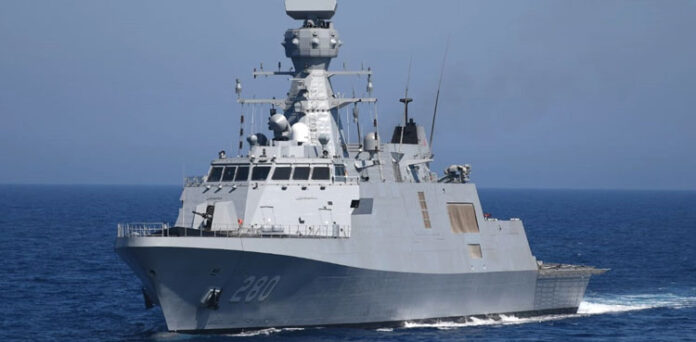
The operational use of the TB2 was further confirmed during PAF’s air defence exercises in September 2022, reflecting its full integration into Pakistan’s command-and-control architecture and its strategic role in modern network-centric warfare.
The drones have been armed with indigenous BARQ laser-guided missiles developed by Pakistan and Turkish-supplied MAM-L smart munitions, significantly extending their offensive capabilities against static and mobile targets in contested environments.
According to Turkish media, the integration of Bayraktar TB2 into Pakistan’s air defence network underscores the platform’s expanding utility in both intelligence-surveillance-reconnaissance (ISR) and precision strike roles, granting PAF a critical advantage in asymmetric and conventional engagements alike.
The Türkiye-Pakistan defence relationship is not merely transactional; it is deeply rooted in shared religious affinity, historical alignment, and a mutual vision of strategic autonomy from Western-dominated military-industrial structures.
Ankara’s consistent support for Islamabad on the Kashmir issue—including its vocal advocacy in global forums like the UN and OIC—has placed it at odds with New Delhi, which sees Türkiye’s posture as undermining India’s regional interests and sovereignty.
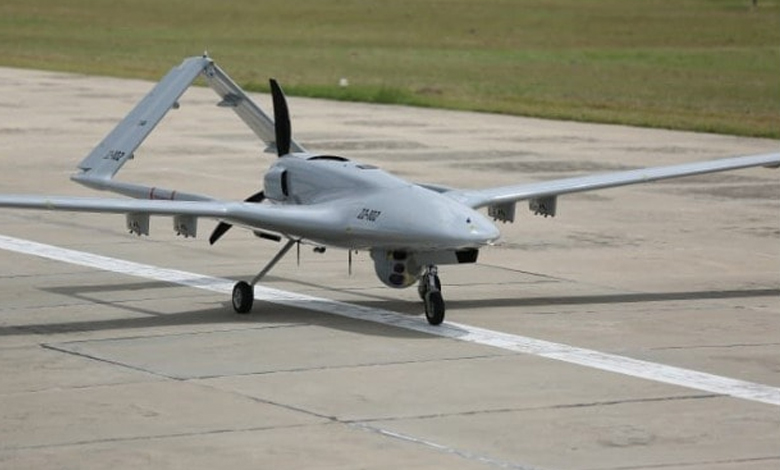
Several days ago, a high level delegation led by Lieutenant General Yasar Kadioglu, Chief of Intelligence, Turkish General Staff, called on Pakistan’s Air Chief Marshal Zaheer Ahmed Baber Sidhu, Chief of the Air Staff, Pakistan Air Force, during his visit to Air Headquarters, Islamabad.
From India’s strategic perspective, the evolving Türkiye-Pakistan axis—complemented by Ankara’s increasingly close ties with Beijing and criticism of Indian domestic policies—represents a growing multi-vector threat that challenges New Delhi’s security architecture and regional hegemony.
As South Asia becomes an arena for intersecting power plays involving NATO allies, China, and regional rivals, the presence of Turkish warships in Pakistani ports and UCAVs in its airbases signals a recalibration of Islamabad’s strategic dependencies—and underscores Ankara’s expanding defence footprint beyond the Mediterranean.
— DEFENCE SECURITY ASIA
